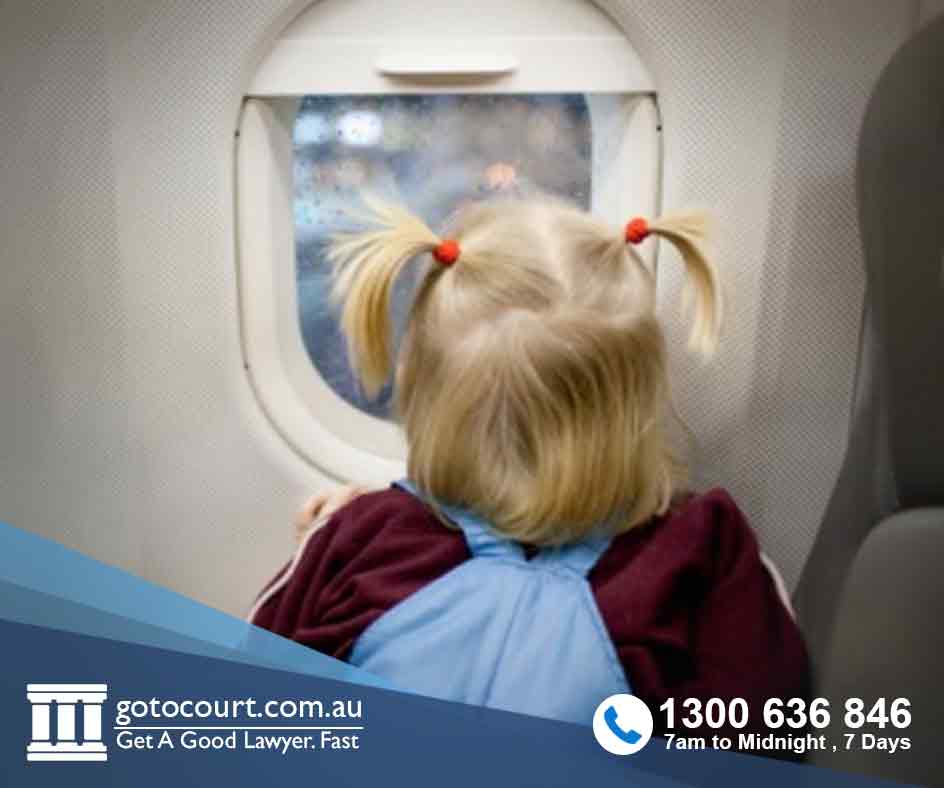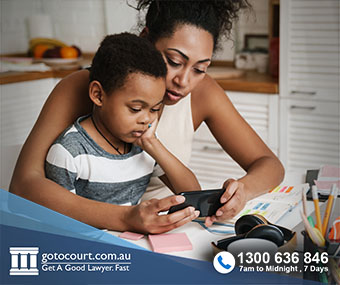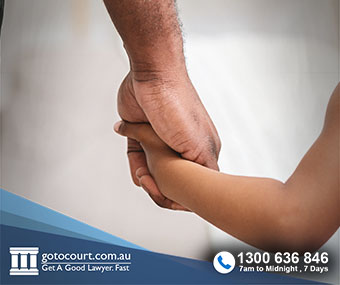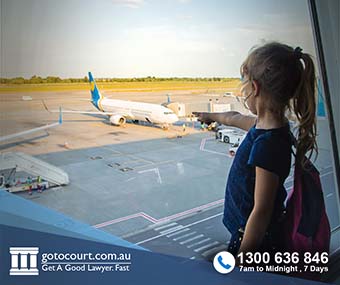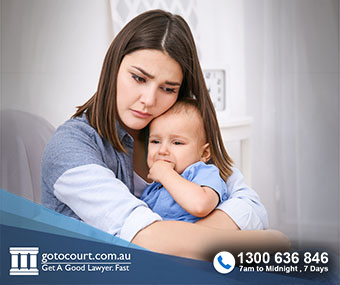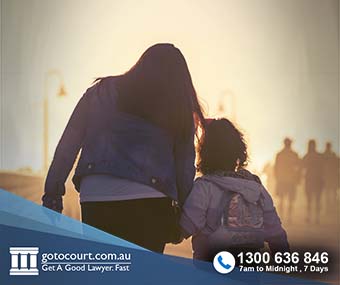Call our lawyers
now
or,
have our lawyers
call you
Access to Children and Parenting Agreements
Updated on Nov 08, 2022 • 5 min read • 940 views • Copy Link
Access to Children and Parenting Agreements
Children who are supported and encouraged to maintain a relationship with parents, grandparents and other relatives, can adapt to the changing situation with greater ease. Obviously, reaching an amicable agreement for access to children is not always possible, and in some situations, a parent may need to apply to the Federal Circuit and Family Court of Australia (FCFCA) for Orders outlining parental responsibility and visitations.
Parenting Plan verses Consent Order
If the parents can agree on the care arrangements and access to children after divorce or the breakdown of a de facto relationship, then a parenting plan should be made, or Consent Orders obtained.
Parenting plans are written agreements that are signed by both parents, and set out the agreed arrangements for access to the children. This kind of agreement not only outlines each parent’s responsibilities and rights but can also include details of child support payments. A parenting agreement is not a legally enforceable agreement and is not to be confused with a Parenting Order made by the court where agreement cannot be reached.
The requirements of a parenting plan are outlined in section 63C of the Family Law Act 1975. A parenting plan or written agreement approved by the court is known as a Consent Order and covers parenting arrangements, child maintenance and financial arrangements if required. This is a legally enforceable agreement, and holds the same weight as a Parenting Order made by the court after a hearing.
Parenting plans are often entered into and drafted during a successful mediation; however, it is recommended that this agreement be transposed into a Consent Order and filed and approved by the court.
Applying to the court for access
If you cannot agree on parenting arrangements, then you may need to apply to the court to obtain a Parenting Order, outlining parental responsibilities and access. Before doing so, you must have attempted mediation in the hope of reaching an agreement. A copy of a certificate from an accredited family dispute resolution centre must accompany the application.
The requirements of a Parenting Order and who may apply are outlined in sections 64B and 65C of the Family Law Act 1975.
Issues covered by a Parenting Order
A Parenting Order can deal with many issues including:
- who the child should live with
- the time the child is to spend with the other parent
- the allocation of parental responsibilities
- how the child will communicate with the other parent
- the payment of child support, and
- any aspect of the care, welfare or development of the child.
An application for a Parenting Order can also be made by a grandparent.
Moving away with children
If one parent is planning on moving away with the children and this is going to limit the time the other parent can spend with them, then a court may not give permission to do so. The parent who is moving should consider applying to the court, prior to the move, for a Relocation Order. The court will consider what is in the best interests of the child before granting permission to move away from the other parent.
If the other parent wants to stop the move, then they can apply to the courts to prevent the relocation. The costs involved in one parent needing to travel to visit their child or children, or vice versa, can be taken into account when assessing child support liabilities.
Travelling overseas with children
If a parent is planning to take their children overseas they need to get written permission from the other parent, even if the children already hold a passport. If the child doesn’t hold a passport then both parents need to sign the Passport Application providing consent for the child to obtain one. Providing consent for a passport does not mean the parent consents to international travel, and on each occasion, permission needs to be obtained from the other parent.
If one parent won’t sign the application, then the other parent can write to the Department of Foreign Affairs and Trade, asking that they consider issuing a passport due to ‘special circumstances’. If this fails, then an application to the FCFCA will have to be made for an Order allowing the child to travel internationally.
If a parent is concerned that a child may be taken from Australia without permission, an application can be made to the court for one of the following Orders:
- preventing a passport to be issued
- requiring the passport to be delivered to the court, or
- placing the child’s name on the AFP Airport Watch List, which prevents them from leaving the country.
Recovery Order
If the child is not returned after a scheduled visit then an application can be made to the FCFCA for a Recovery Order under sections 67Q and 67T of the Family Law Act 1975. A Recovery Order can authorise a police officer to take appropriate action to find, recover and deliver a child to the persons named on the Order.
If you require legal advice or representation in any legal matter, please contact Go To Court Lawyers.


Affordable Lawyers
Our Go To Court Lawyers will assist you in all areas of law. We specialise in providing legal advice urgently – at the time when you need it most. If you need a lawyer right now, today, we can help you – no matter where you are in Australia.How It Works







1. You speak directly to a lawyer
When you call the Go To Court Legal Hotline, you will be connected directly to a lawyer, every time.


2. Get your legal situation assessed
We determine the best way forward in your legal matter, free of charge. If you want to go ahead and book a face-to-face appointment, we will connect you with a specialist in your local area.


3. We arrange everything as needed
If you want to go ahead and book a fact-to-face appointment, we will connect you with a specialist in your local area no matter where you are and even at very short notice.


